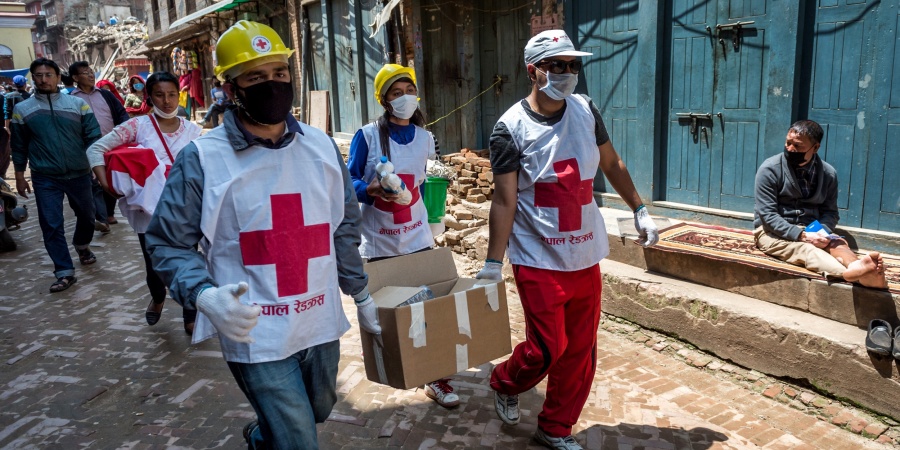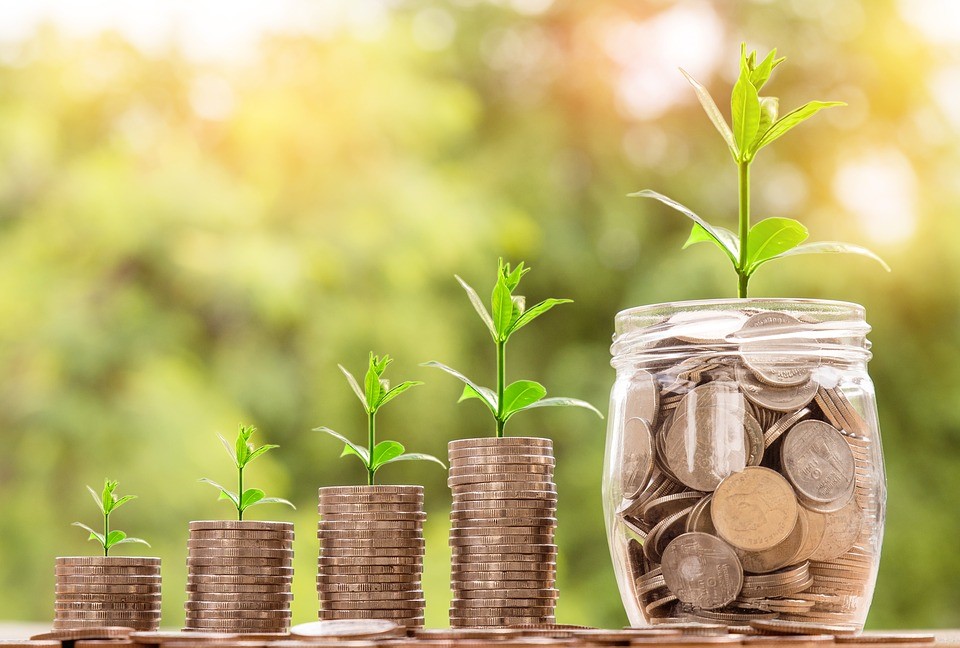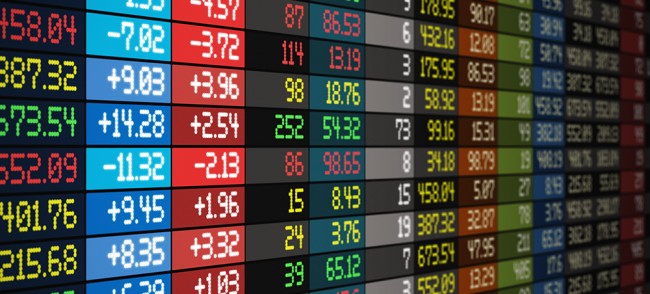Designing With Web - Part 3: week 1
Enable access to basic services and natural resources to the poorest population
Group 37
- Guillaume NADAL: My Exploration
- Quentin ROCHEGUDE : My Exploration
- Grégoire VEYRON LA CROIX: My Exploration
- Simon POLLET : My Exploration
- Joséphine BRULE: My Exploration
- Victor LENIQUE: What is the poverty meaning?
Project 1: Logistaid
Context
In a 2014 report entitled "Where is Everyone?", Médecin Sans Frontières highlighted the significant increase in funds committed to humanitarian aid since the 2000s, yet with a decline in the effectiveness of this aid on the ground. This alarming report points in particular the problem of coordination of humanitarian actors, linked to the significant increase in the number of entities present in this sector.
The current context linked to the COVID-19 crisis obliges States, NGOs, companies and associations to reflect on a new organization in the coordination of international, national and regional aid. Indeed, population displacements, natural disasters and wars have been constantly intensifying since the early 1990s. Thus, if aid in terms of material and personnel has increased, so have costs.
The aim of our application is therefore to intervene in the service of a better cooperation between the major actors of the humanitarian sector.
Target
Our solution is aimed at all NGOs, states, companies or regional associations working in the field of charity.
Humanitarian or charitable action is our core business. These are mainly run by states, NGOs and local authorities through companies and associations. This is why we felt it was essential to provide these actors with a centralised logistics platform so that they could coordinate their actions more efficiently.
The idea is to connect all these actors in order to improve the logistics of humanitarian action. The stock levels of the different actors are centralised within the same platform, making it possible to organise a redistribution, restocking or relevant and appropriate sharing of resources.Service offered
Logistaid helps humanitarian NGO, states, and concerned companies to
have a real-time inventory of the stocks in strategice warehouses. By
building strong partnerships with local autorities, Logistaid has the
access to relevant informations. This information is securely shared
with other major partner in this field of action.
Those in charge od the stocks of each districts have to send us the
information everyday. Then the data are organized and properly diplayed
depending on the territory. Thus, every main actors can easily check
which regions need more stocks and what kind of stocks. It aims at
making the global system of aid clearer and simplified.
Identity





Benchmark
List concurrents / relative projects and describe how they relate/differentiate to your project
- project name, link, how is it linked to your project
- project name, link, how is it linked to your project
- ...
References
books/films/articles/...
- Reference 1 Reference 2 Reference 3 - Here is a book about the stock managament of humanitarian aid. Mismanagement and the multitude of actors may provoke some aids not totally efficient
- reference name, link, how is it linked to your project
- ...
Project 2: FinEthic
Context
Today, rich countries are not only consuming ten times more resources per capita than poor countries. This consumption of water, minerals, oil and agricultural products also comes at the price of environmental degradation and human rights violations by the multinationals that (over)exploit these resources.
Companies that are never held legally responsible for the consequences of their activities, because of their economic and political weight and the wait-and-see attitude of governments and populations.
Target
Our solution is designed for private individuals
In fact, our B2C application is designed for private individuals wishing to invest in projects with a social and ecological impact.
Service offered
what? how?
FinEthic wants to use Finance to help the poorest population.
Green Finance is currently booming with more and more ISR Funds in which people can invest. These funds have a better social impact than "normal" funds. Consequently, FinEthic has the ambition to propose an application for everyone, which would give the opportunity to invest your money in ISR funds or in real estate in the poorest countries to enable the population to get a home.
FinEthic would propose a list of social investement directly in these countries to help them.
Identity





Benchmark
List concurrents / relative projects and describe how they relate/differentiate to your project
- Greenly : it is an application which enable to see your impact on the environment when you buy something. It is not really green finance because there is no investment. Nevertheless, it is a first step to have a responsible economy.
- project name, link, how is it linked to your project
- ...
References
books/films/articles/...
A so-called more ethical finance, respecting CSR criteria, has been booming in recent years with an increasing interest from the major French banks. For example, the BNP Paribas Group aims to become the world leader in sustainable finance. This is why we believe that an application project facilitating the democratisation of this "ethical and sustainable" finance among private individuals will be very popular with the public.
A generalized diagram of how multinational networks exploit natural resources by developing numerous temporary subsidiaries and use corruption and security firms to ensure rapid exploitation and maximum profits. Arms trading has been reported from the Democratic Republic of the Congo, while the bribes and “security firms” also play a major role in Indonesia.
- reference name, link, how is it linked to your project
- ...